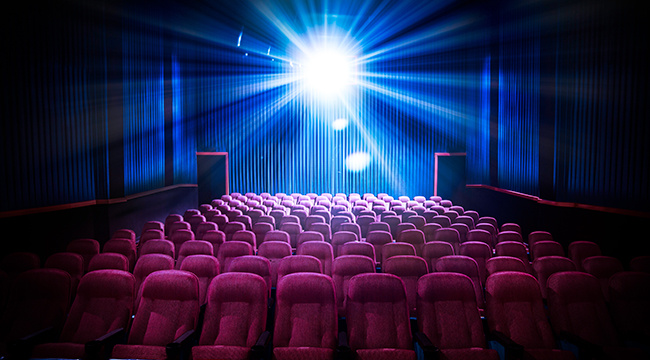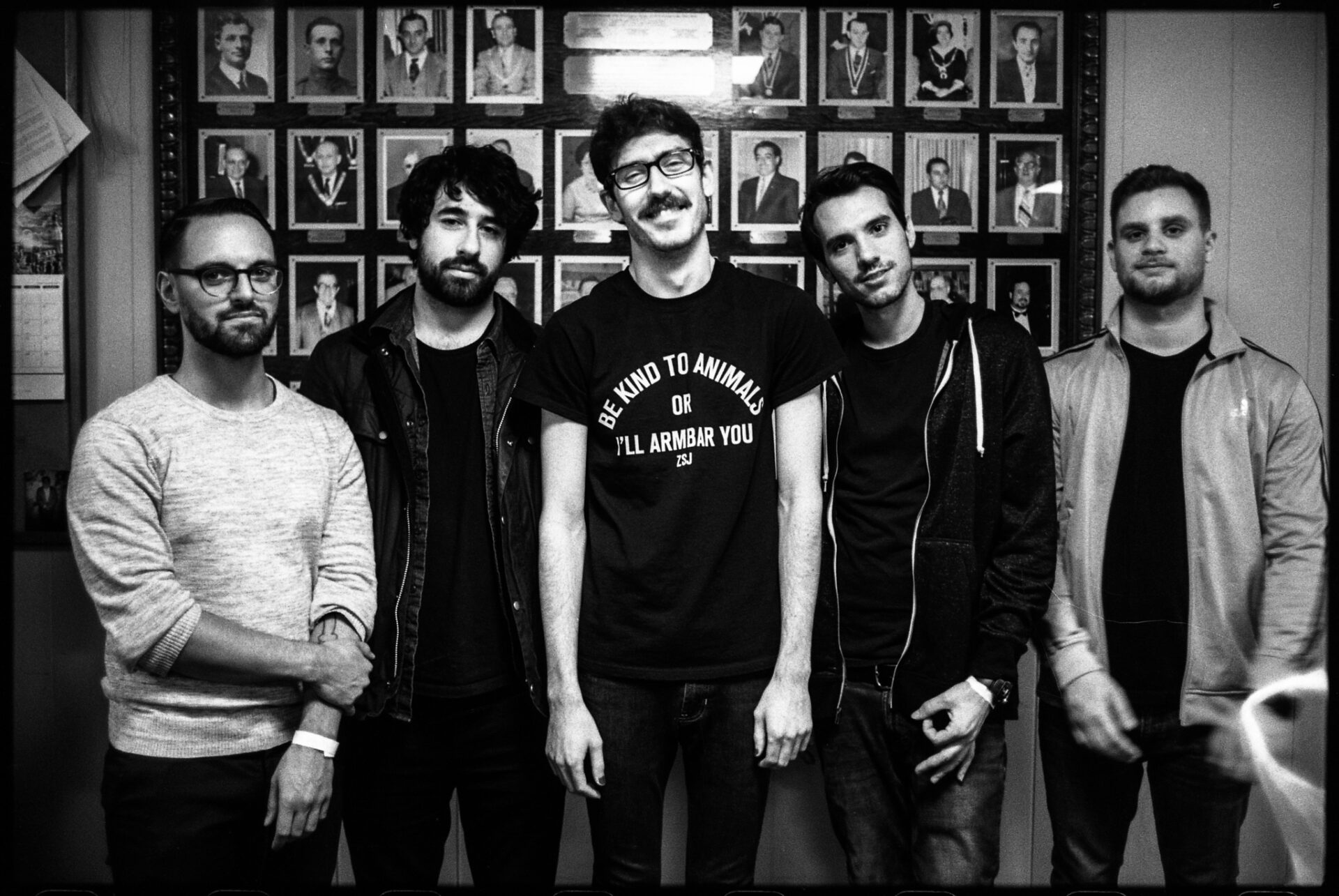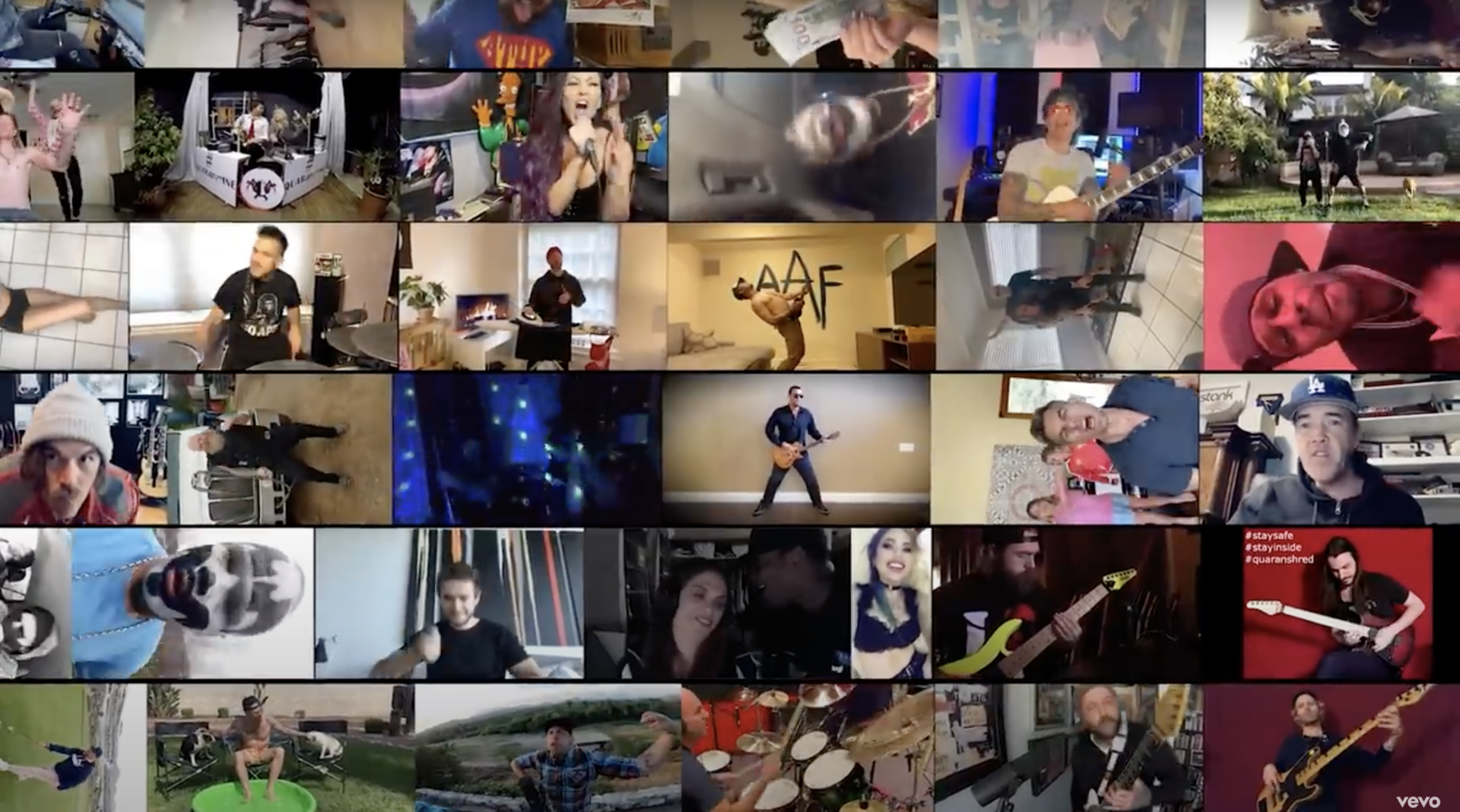If you’re a millennial, you’re probably pretty used to getting accused of murder at this point. Millennials have killed department stores, golfing, cereal, napkins, the Canadian tourism industry, and movies—so the headlines say. While the articles are mostly just lazy click-bait, there is a truth behind them: Millennials are fundamentally different than past generations and not willing to accept tired business practices that don’t apply to modern times.
At least one of those accusations has some base: millennials aren’t going to movies like past generations did. Young adults are going to movies less than ever before. Though they’re still going to more movies than anyone else, people ages 18-24 buy more movie tickets than any other age group, according to the Motion Picture Association of America. But that makes the decreasing attendance all the more troubling for the movie industry as it’s a hit to the biggest customer base.
It’s a dilemma without any clear answers. Certainly, the internet era and influence of on-demand streaming and subscription services has changed the way we take in and appreciate movies, but maybe it’s time for the industry to adapt to that. Millennials have seen the movie industry revamp its theaters, enhance experiences, and toy with subscription plans, but does it actually improve anything?
Usually the conversation about millennial habits begins with accusations: short attention spans, obsession with phones and social media, no value for the art of the cinema. Those tend to ignore more obvious influences, like the increase in ticket prices. The decrease in movie ticket sales has not so subtly aligned with the rising cost of going to a movie. According to Box Office Mojo, 2017 saw North American ticket sales hit the lowest point in 25 years. Ticket prices? Well, they hit an all-time high at $8.97. Pair that with the renaissance in video content that streaming services like Netflix, Amazon, and Hulu are currently having and the reason for a decrease in movie theater attendance starts to make sense.
Movie theaters don’t really know how to respond. One good idea has been to transform movie-going into an experience. Millennials are willing to spend on life experiences in ways that past generations weren’t, likely in part due to the internet and social media. Not only can young people of today easily learn about incredible experiences and how to have them, but they’re constantly shown the highlight reels of others on Instagram, Snapchat, Facebook, and Twitter. Millennials live in the age of FOMO (Fear Of Missing Out) by constantly asking ourselves: how can we live our best lives today?
Music festivals have capitalized on this trend, quickly understanding the value of experience and, debatably, oversaturating the market. Achieving a similar experience may not be as easy on the smaller and more frequent scale of movie-going, but it’s evidence of the potential to reinvigorate the industry. The theaters have certainly tried, adding IMAX, recliners, dine-in options, more alcohol.
At first glance, these may sound like great ideas, but in reality, these innovations aren’t best fit for millennial audiences. Let’s be clear, no one’s complaining about cushy seating or burrito delivery service, but these options only add on to the already expensive ticket price. An extra dollar or two for fancier seating isn’t much but it doesn’t help the problem, and most millennials aren’t looking to splurge for food delivery when the concessions are literally down the hall.
This is a generation that’s facing higher education costs, unpaid internships, and entry-level jobs with “three years minimum prior experience required.” In fact, the group willing and able to pay for these upgrades is usually the prior generation. At a more stable career point, less interested in piling close together in theaters, and able to appreciate expanded alcohol options (not all millennials are of legal drinking age, that one should’ve been obvious) Generation X stands to gain the most from these improvements.
What’s worked with millennials is drastic change or evolution. Netflix redefined TV, Spotify innovated music, and MoviePass is already doing the same thing for movies. The subscription service offers a movie ticket a day at the cost of $9.95 per month. That plan saves money for anyone who sees a movie more than once a month, and it takes away the financial barrier from going to see a movie even more often.
Millennials are accustomed to the subscription model and have warmly embraced MoviePass. CEO Mitch Lowe told The New York Times that millennials make up roughly 75% of subscribers. And, because MoviePass plans to make its money from advertising and customer data, it still pays theaters the full ticket price. In other words, prices drop for consumers at no cost to the industry.
Not everyone’s on board though. AMC, America’s largest movie theater chain, argues that MoviePass is devaluing movies. It’s an argument eerily similar to the music industry’s response to Napster and digital downloads in 2000. That response led to years of law suits and instability for the industry. Meanwhile, outsiders like Apple and Spotify swooped in to reap the rewards of a new model.
Even if MoviePass doesn’t prove to be the system of tomorrow, it will likely be the inspiration for serious adjustments. Movie theaters need to continue adapting to technology and internet era customers. Buying tickets in advance has had some success and “Deadpool” proved social media campaigns can inspire ticket sales. VR and 3D movies could also capitalize on millennial moviegoers as the technology becomes realistic and affordable, but they need to get past the cheesy gimmicks first.
A shift to big franchises has also succeeded at making consistent movie-going fans. These franchises present huge potential: multi-movie series, remakes, spin-offs, merchandising, you name it. But at the same time, even for moviegoers that (somehow) never tire of big-budget, action-packed superhero movies, those films seem to take up an increasing amount of selections leaving little room for other genres and subjects.
Appeasing the millennial generation is crucial to the movie industry. If theaters lose those moviegoers now, they may not continue seeing movies as they age. More importantly, the way millennials differ from past moviegoers will likely continue with future generations as technology becomes a bigger part of life. If it’s not careful, the movie industry might walk itself into a repeat of the music industry’s digital dilemma. Solving the divide between millennials and the current movie-going experience could provide answers for generations to come.













